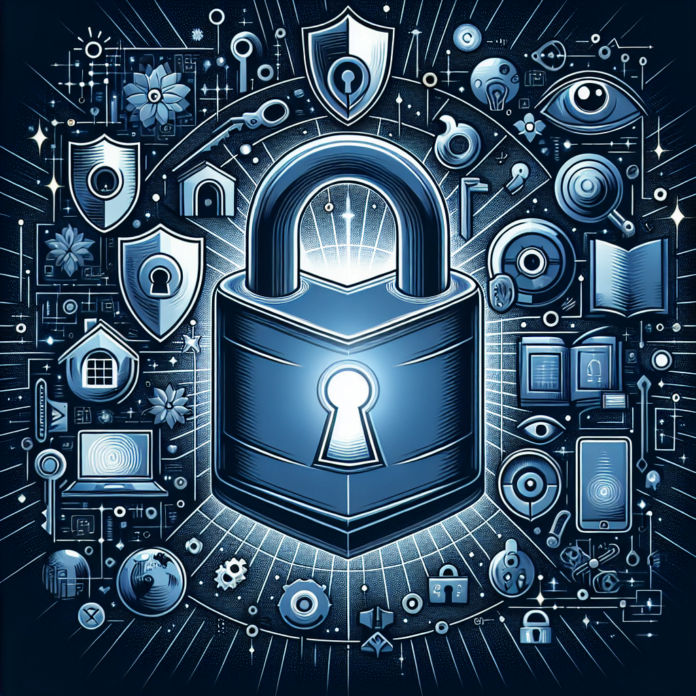body>
In the increasingly digital age, the value and significance of personal security can never be overemphasized. Enhancing one’s personal security entails not just safeguarding themselves physically but also their identities, data and digital footprint. As our worlds become more interconnected, keeping ourselves secure is a responsibility that all individuals ought to take seriously.
Personal security may be perceived as an all-encompassing term used to refer to the holistic protection and well-being of an individual. It covers many types of security, including physical safety from violence and crime, and the safeguarding of our digital persona from cyber threats, fraud and identity theft.
While traditionally safety and security may have been associated with preventing physical harm, with the advancement in technology, personal security now encompasses a variety of aspects. The spectrum ranges from financial information security, safeguarding oneself from virtual attacks, secure web browsing, email privacy to even taking steps to secure one’s social media accounts.
Physical personal security involves measures that deter or protect one from physical threats. It could range from basic precautions like locking doors and windows to more complex aspects such as learning self-defense techniques and using physical security systems like video surveillance or alarm systems. By maintaining physical security, an individual can mitigate potential risks, enhancing peace of mind and reducing the probability of becoming a target.
With the massive leaps in technology and the rapid rise of the internet, the domain of personal security has extended into the digital world. Cybercriminals are becoming more sophisticated, unleashing cyber-attacks that can severely compromise an individual’s personal security. Digital Personal security entails safeguarding an individual’s identity online, protecting one’s digital data, maintaining privacy, and ensuring the security of online transactions.
People secure their digital footprint through various measures like creating strong and unique passwords, using two-factor authentication, regularly updating software on devices, avoiding suspicious emails or links, abiding by sound internet practices like opting for secure networks, and installing reliable security software.
Personal security is vital in maintaining order, promoting self-autonomy, and preserving integrity in both physical and digital spheres. It builds a safe environment for individuals to live, interact, and thrive. The importance of personal security is underscored by the following points:
- Preventing Harm: Personal security protects an individual from potential harm, both physically and digitally.
- Maintaining Privacy: Safeguarding personal data protects an individual’s right to privacy. As much of our life is now lived online, it has become essential to secure our private and confidential data.
- Economic Security: With financial transactions becoming increasingly digitalized, ensuring personal security prevents potential economic hardships due to fraud or theft.
- Peace of Mind: Knowing that one’s personal security is taken care of provides peace of mind, which leads to improved mental health.
In conclusion, personal security is a broad aspect of our lives that cannot be ignored. Whether safeguarding ourselves from physical harm or protecting our digital entities from cyber threats, personal security holds an immense significance. By strategically implementing and improving our security measures, we can better navigate through an intertwined world, safe from potential risks and dangers.
What is personal security?
Personal security encompasses safety measures taken to protect ourselves from harm. It includes physical safety from violence or crime and digital safety, which includes securing financial information, identity theft, and cyber threats.
Why is it important to understand personal security?
Understanding personal security is important because it helps an individual establish effective security practices, giving them the ability to shield their physical and digital lives from potential threats.
How can one improve their personal security?
Practices such as maintaining situational awareness, being cautious about personal information shared online, using strong and unique passwords, enabling two-factor authentication, installing updated security software, and regularly monitoring bank and credit card statements can all assist in enhancing personal security.

